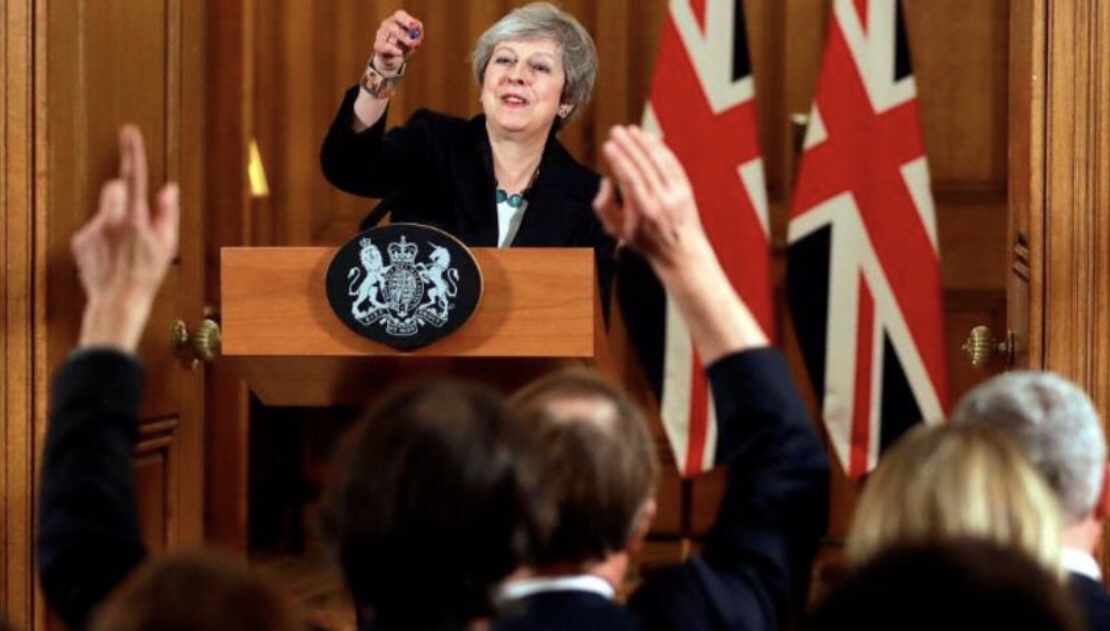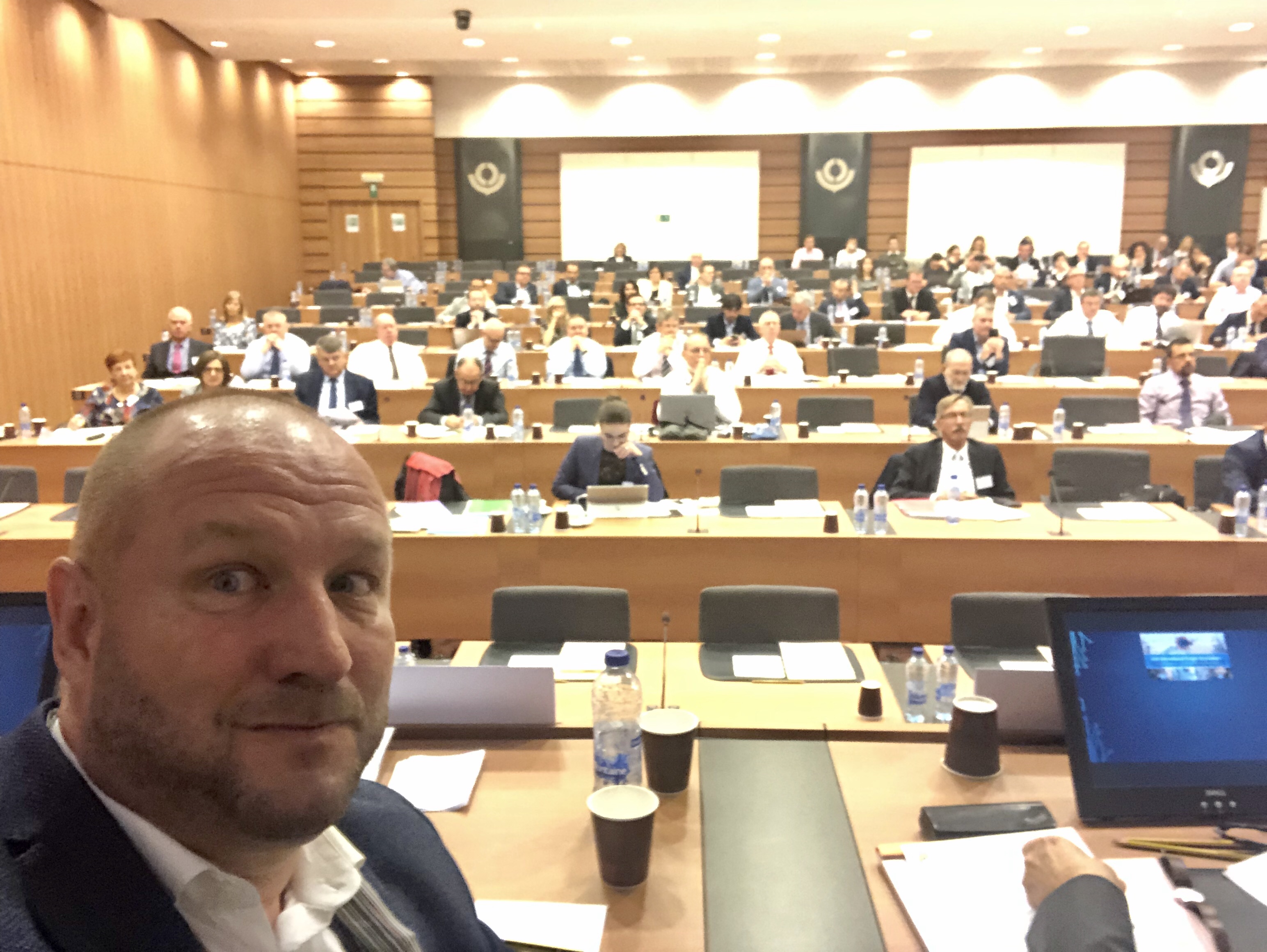Asked about whether she would fight a confidence vote, Britain’s Prime Minister Theresa May swiped at her critics, saying her draft deal was in the national interest and she was determined to see it through.

“Leadership is about taking the right decisions, not the easy ones,” May told reporters. “As Prime Minister my job is to bring back a deal that delivers on the vote of the British people. I believe this is a deal which does deliver that, which is in the national interest and am I going to see this through? Yes.”
While May conceded that “uncomfortable decisions” have had to be made, and that she understood that some were unhappy with those compromises. But she underlined that her deal delivered what people voted for.
Today I also had a meeting at a European Commission,

Always a pleasure to talk to old colleagues.
Today I spoke about Trade and Customs Education at the CLECAT Freight Forwarders Forum 2018.

The conference was organized at my old workplace, World Customs Organization in Brussels.

Good networking and many old friends: great to be back at the WCO.






You must be logged in to post a comment.